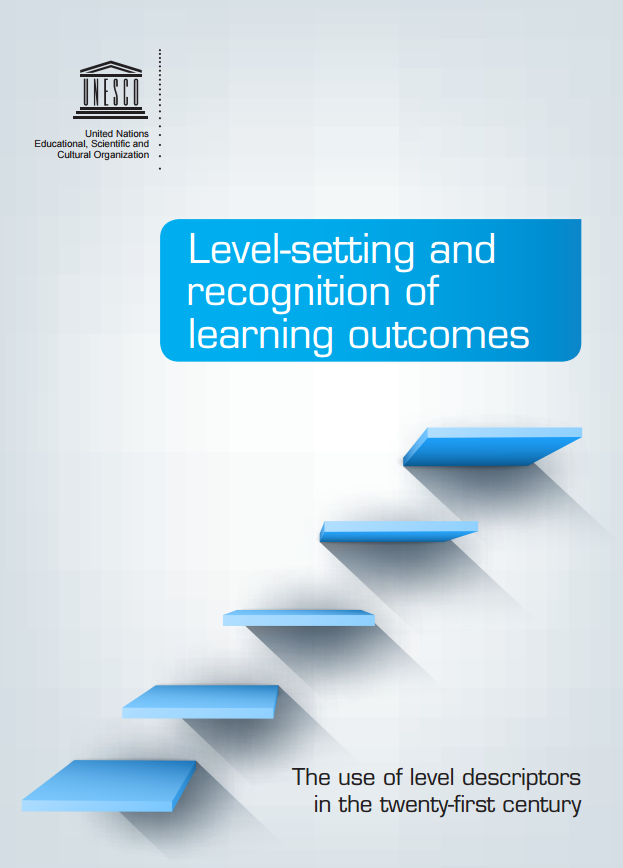
The UNESCO-UNEVOC International Centre: Who We Are | What We Do | Working With Us | Get in Touch
The UNEVOC Network: Learn About the Network | UNEVOC Network Directory
For Members: UNEVOC Centre Dashboard
Thematic Areas: Inclusion and Youth | Digital Transformation | Private Sector Engagement | SDGs and Greening TVET
Our Key Programmes & Projects: BILT: Bridging Innovation and Learning in TVET | Building TVET resilience | TVET Leadership Programme | WYSD: World Youth Skills Day
Past Activities: COVID-19 response | i-hubs project | TVET Global Forums | Virtual Conferences | YEM Knowledge Portal
Our Services & Resources: Publications | TVET Forum | TVET Country Profiles | TVETipedia Glossary | Innovative and Promising Practices | Toolkits for TVET Providers | Entrepreneurial Learning Guide
Events: Major TVET Events | UNEVOC Network News

| Author/s: | James Keevy and Borhene Chakroun |
| Publisher/s: | UNESCO |
| Published: | 2015 in Paris, France |
| Licence: | CC BY |
| ISBN online: | 978-92-3-100138-3 |
The research presented in this report explores the global phenomenon of learning across boundaries, but with a specific focus on the manner in which the level of learning is recognized through the use of level descriptors. The research draws on the development and application of level descriptors as an integral part of qualifications frameworks internationally, but also considers how the level of learning is determined in other contexts, such as longitudinal studies, international competence assessments and diagnostic reviews. The use of learning outcomes constitutes a common thread that is explored in all the case studies included in the report.
The research was initiated by UNESCO following the Third International Congress on Technical and Vocational Education and Training (TVET), which was held in Shanghai in 2012, where a recommendation was made to explore the possibility of developing international guidelines on quality assurance for the recognition of qualifications based on learning outcomes. This included the proposal that a set of world reference levels be considered to facilitate the international recognition of TVET qualifications. This research report constitutes the first step of an incremental approach that will be followed to respond to the Shanghai Consensus Recommendation. Additional steps will include the conceptual development of the world reference levels, consultation, and a political process that will explore the technical and legal aspects related to the desirability of defining and adopting world reference levels.